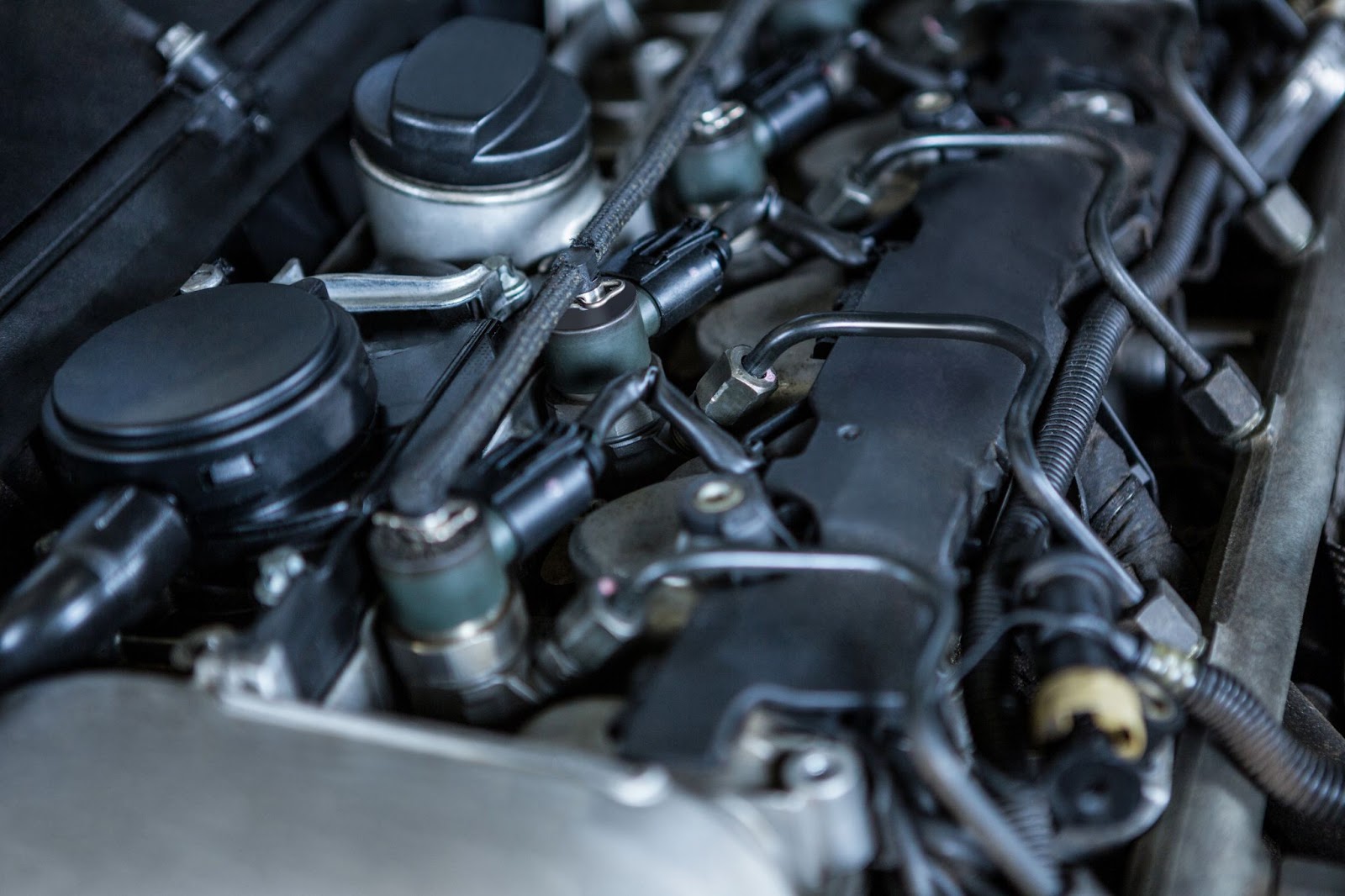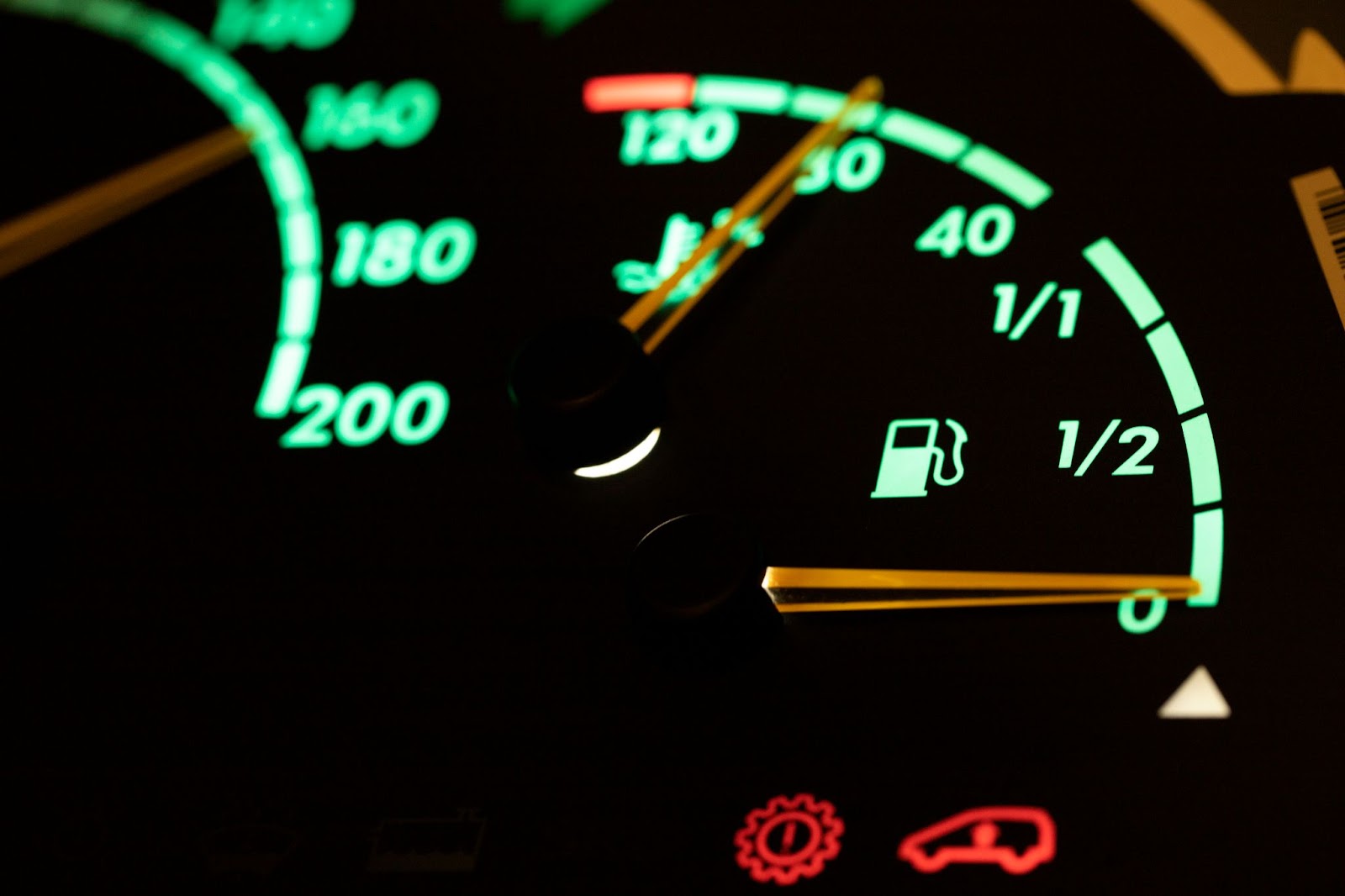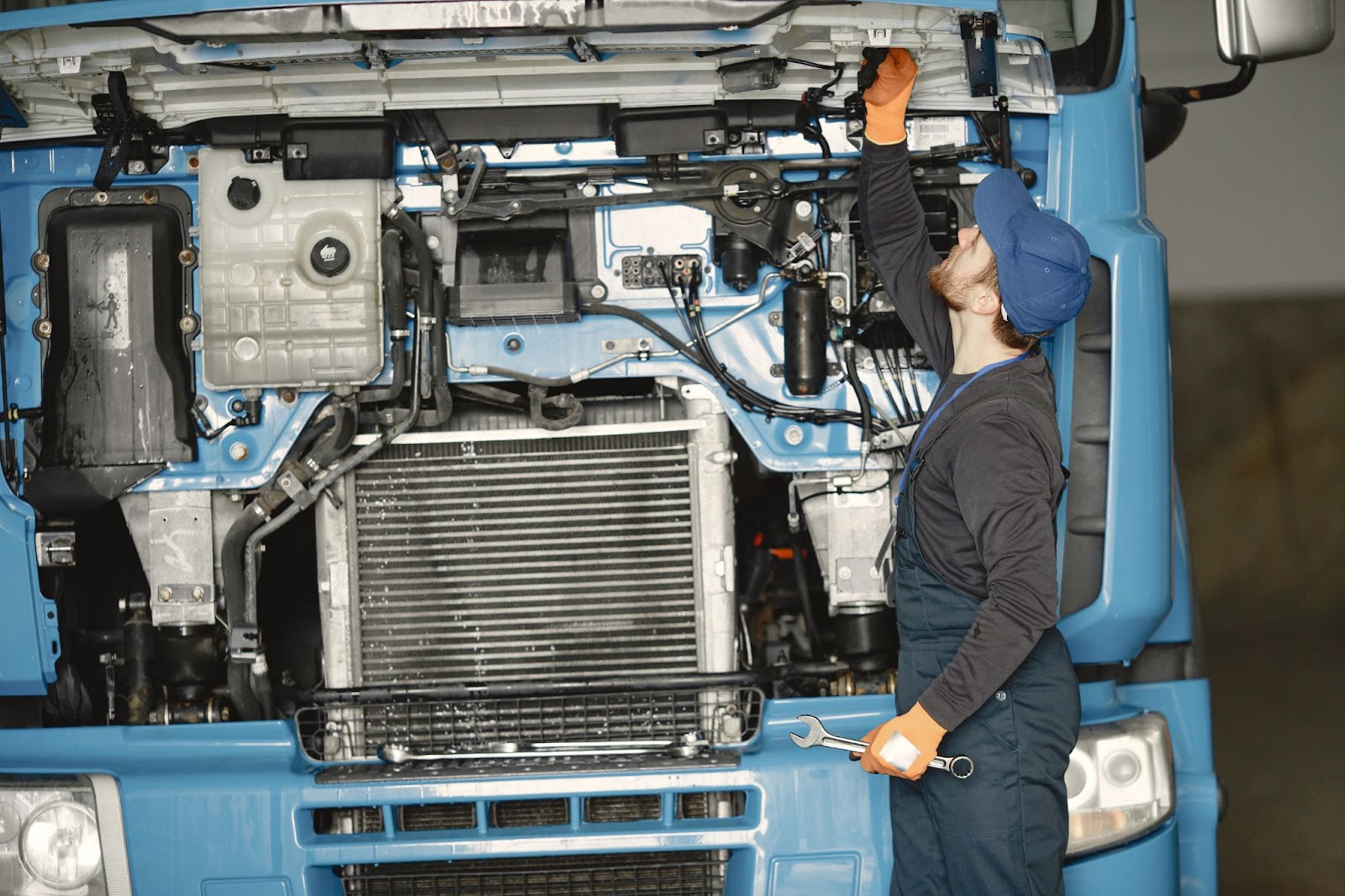How to Clean DEF System?

Maintaining the purity and cleanliness of diesel exhaust fluid (DEF) is essential to avoid damage to the selective catalytic reduction (SCR) after-treatment system. If DEF is delivered or stored improperly, it can become contaminated with hard particles and chemicals or have urea concentration issues, all of which can damage the system and reduce the vehicle’s engine performance.
DEF has been used in diesel engines for years, but improper handling has become a growing concern for vehicle owners and manufacturers. Knowing how to protect your DEF system is crucial for preventing costly repairs.
Importance of DEF System Cleaning
Contamination by hard particles can damage the DEF pumps and dosing units, but proper filtration during delivery and storage can prevent this. Most DEF pumps and dosing units include filters to remove hard particle contaminants.
Chemical contamination—which can lead to damage to the selective catalytic reduction catalyst—is harder to detect and impossible to remove. Contaminated DEF should be replaced with clean, pure fluid to ensure the machine operates properly.
The urea concentration in DEF can be negatively affected if the diesel exhaust fluid is delivered or stored improperly. If the water within DEF evaporates, the urea concentration will increase, damaging the after-treatment system. Additionally, DEF can be improperly diluted due to external contamination or condensation, which may reduce after-treatment performance and possibly cause system damage.
How to Recognize the Signs of Contamination?

The effects of contaminated DEF on engine performance are significant. If the DEF in your truck is contaminated, it can cause:
Low Fuel Consumption
The engine does not receive the proper amount of lubrication and cooling, leading to increased wear on components such as pistons and valves, resulting in poor performance.
Increased Exhaust Emissions
Dirty DEF produces more soot-filled exhaust gases containing unburned carbon particles, contributing to higher nitrogen oxide (NOx) levels and increased ground-level ozone pollution.
If you experience these symptoms, it’s time for DEF system troubleshooting. If DEF levels are too low or too high, the system may require maintenance or additional DEF.
How Often to Clean DEF System?
Preventive maintenance is the best way to ensure that your diesel engine runs smoothly and is protected from contaminants. Although contaminated DEF can cause serious issues, regular professional DEF system cleaning can prevent them.
It is recommended to clean the tank annually or every 100,000 kilometers. Regular maintenance helps prevent the buildup of bacteria that can contaminate the product and ensures safe refilling of the DEF tank.
To clean the tank, it is essential to use a non-toxic cleaning agent or a solution with low pH levels. Avoid using chemicals that might cause corrosion on the internal walls of the tank, as this could affect the quality and effectiveness of the fluid inside.
Cleaning and Washing Procedures
Proper cleaning and washing procedures are key to eliminating contaminants, following these steps:
- If a DEF cleaner has been used, rinse the system with clean water to remove any remaining residue.
- Remove the pump from its mounting bracket and place it in a container with new (flammable) liquid to prevent damage from freezing temperatures or condensation during storage.
- Clean all components with water and soap before reassembling them in their original configuration and refilling the system with new fluid.
Impact of Contaminated DEF on the Engine

The effects of contaminated DEF are primarily felt in the engine components. The most vulnerable parts are:
Fuel Injectors
Clogged or corroded injectors reduce vehicle performance and efficiency.
Turbochargers
This component compresses air before it enters the cylinders. A malfunctioning turbocharger reduces engine power output.
Fuel Pump
If the fuel pump malfunctions, it won’t properly mix DEF with diesel fuel, reducing overall engine efficiency.
Safety Precautions When Handling DEF
Although DEF is not classified as hazardous, specific safety measures should be taken:
- Wear protective gloves to avoid skin irritation.
- Use eye protection to prevent irritation from splashes.
- Rinse any accidental spills on skin or eyes with plenty of water.
- Store DEF in its original container in a stable location, avoiding extreme temperatures.
Contaminated DEF is a serious problem that can have dire consequences for the engine. To avoid DEF system issues, be alert to signs of contamination and act promptly if there is any suspicion that DEF might be compromised.
